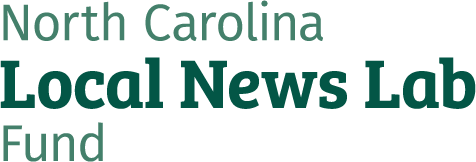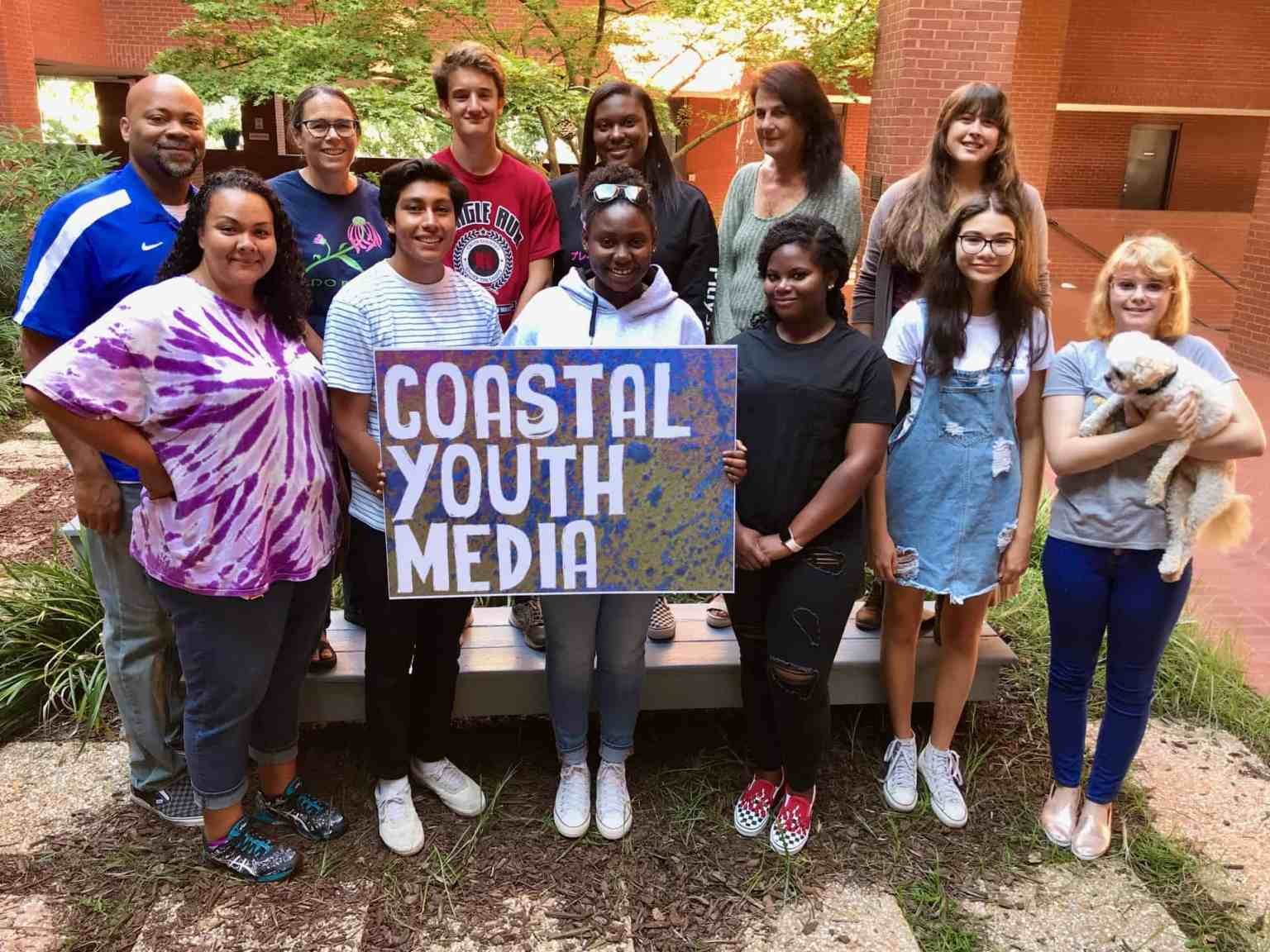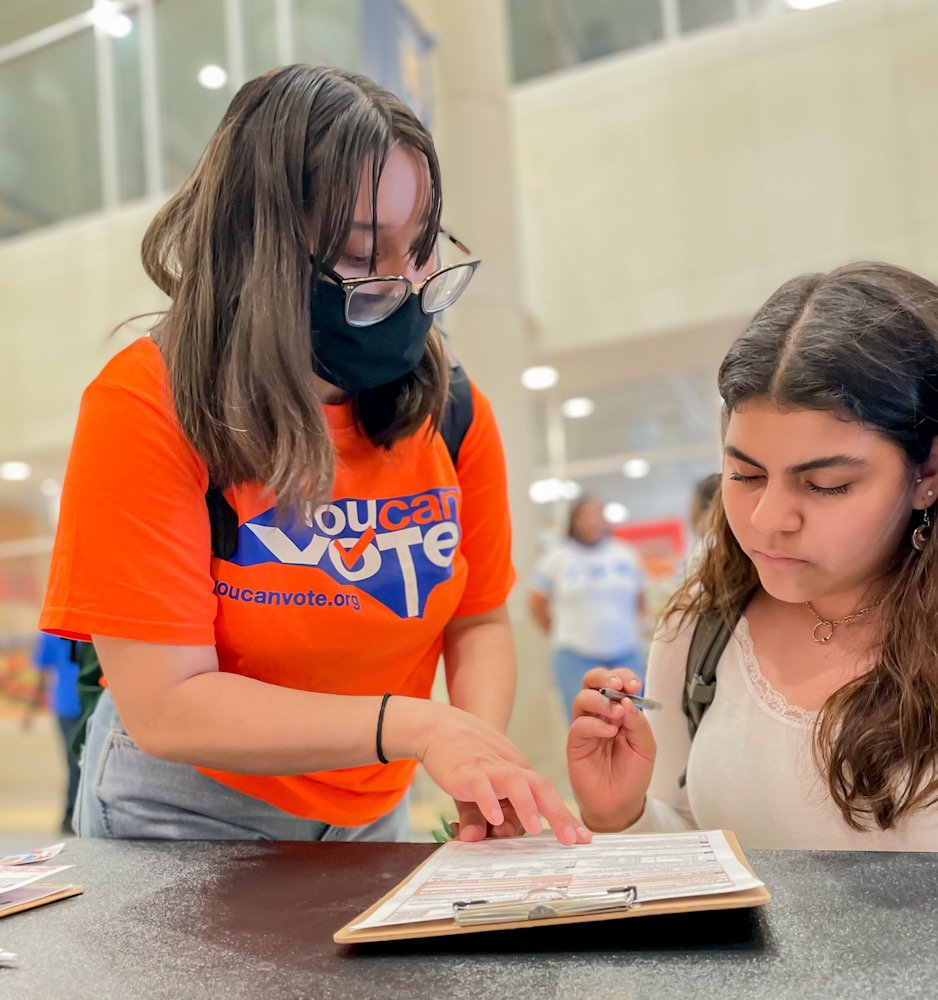Training a diverse group of community journalists to address news and media deserts
Narrative Arts
Coastal Youth Media participants produced first-person stories about the impact of hurricanes and the pandemic on coastal youth with training from North Carolina Health News journalists in September 2019.
Wilmington, North Carolina is a center of community and coastal resilience, where locals know deeply how access to high-quality information has the power to shape Wilmington’s present, future, and the understanding of its past. Wilmington’s history is steeped in race and class divisions, and the city’s present is largely shaped by a racial wealth gap, environmental injustice, and extreme weather events. Due to these challenges, many Wilmington neighborhoods have long been subject to “parachute journalism,” where news outlets unfamiliar with the area pop in and out to report on traumatic events without context of people’s lives. This brand of “trauma journalism” is ineffective and demeaning, so Narrative Arts, formerly Working Narratives, wanted to provide these Wilmington communities with outlets and opportunities to shape their own stories.
Narrative Arts, which is a repeat grant partner of the North Carolina Local News Lab Fund, developed the Wilmington Media Ecology Project to equip new and aspiring community journalists and storytellers with the skills they need to reflect and share their lived experiences. These community journalism trainings are focused on reaching Wilmington’s Black and brown communities, adjacent rural white communities, and youth, reaching many who otherwise did not have access to formal journalism training. Wilmington community members learn how to harness the power of documentary production, podcast production, and crafting Op-Eds, to share the stories that are most important to them, from their own lived experiences.
The general operating grant Narrative Arts received from the North Carolina Local News Lab Fund helped the organization stabilize their staffing and allowed the Wilmington Media Ecology Project to flourish. Storm Stories, a podcast that resulted from this program, has gained attention and recognition for sharing personal experiences from Hurricane Florence, told in the voices of the community journalists and their neighbors. Narrative Arts partnered with North Carolina Health News in September 2019 to train youth on telling their powerful first-person Florence stories.
Since Storm Stories’ release, the News & Observer has also built a reporting series based around the podcast. Building off of the success of Storm Stories, Narrative Arts created the Shoresides platform to host a range of podcasts covering the experience of the pandemic and natural disasters. The Wilmington Media Ecology Project demonstrates the power of hearing stories first-hand from community members who can provide unprecedented access and information, as well as the importance of creating opportunities for people to tell their own stories.









